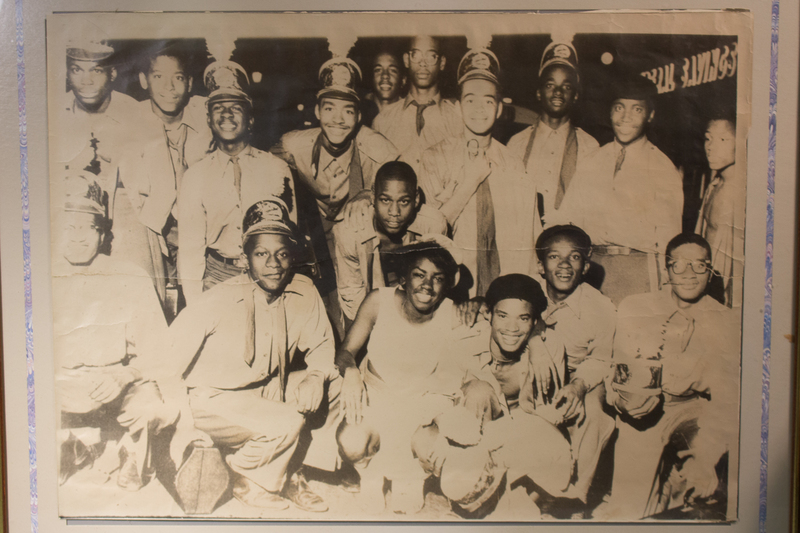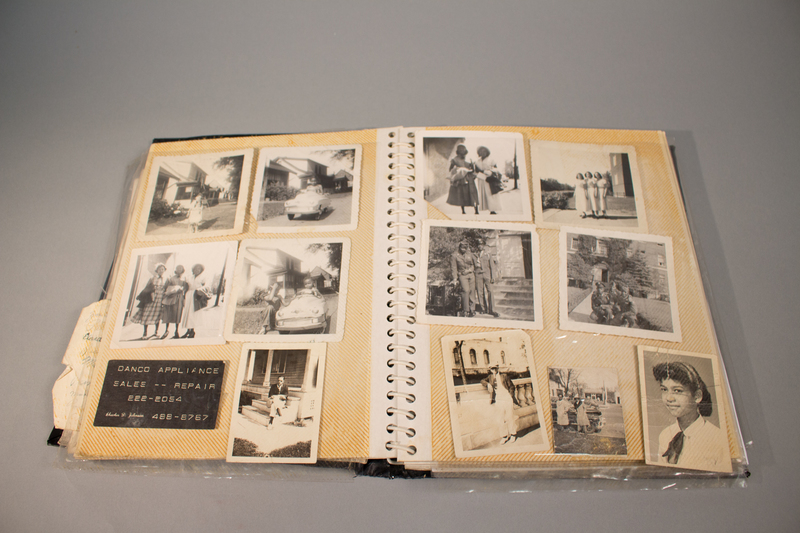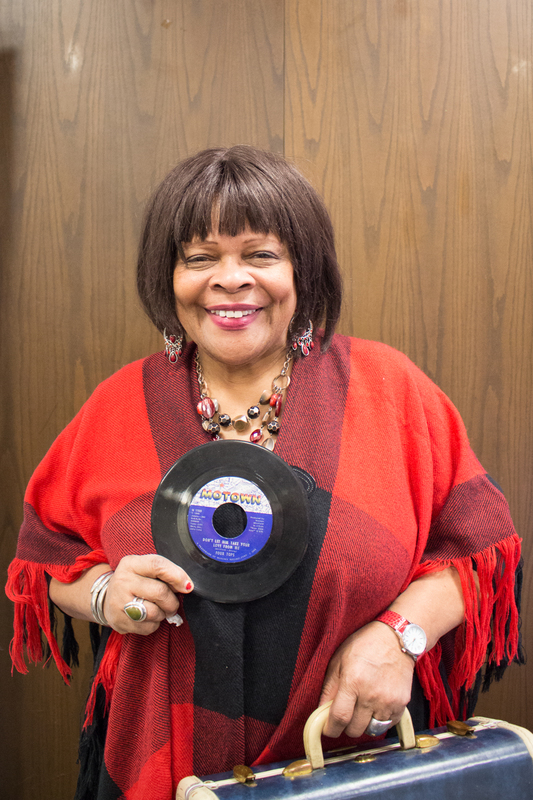Music: A Universal Language in the Rondo Community
In the book The Voices of Rondo, Mary Boyd describes music as a universal language that bridged gaps between different cultures, genders, and generations. This is illustrated in her reflections of her father, whose singing acted as a connecter due to the fact that he performed for groups of all backgrounds. While his music had the ability to bridge gaps, Boyd also recalls instances of prejudice and resentment expressed by both white and black community members. She describes an instance where her father had to be replaced in a show due to the fact that he would be embracing a white woman, and other white performers who refused to sing with him because of his race. Boyd also describes the sentiments felt by some black community members, who believed that her father’s songs were too deeply rooted in the past. By examining the types of music her father would perform, and the reactions to these performances, Boyd’s writing illustrates the importance of looking at the music that came out of the Rondo community.
Lester O. Myles’ photograph of the Gopher Elks Drum Corps, and his accompanying interview, illustrate the communal character of music in the Rondo community, and its ability to bring the neighborhood together. He recalls that when his group would practice, residents from all over the neighborhood would come out and listen to them play. Not only did music bring the local community together, but it gave performers the opportunity to travel outside of Rondo, and allowed the community to gain recognition throughout the state. Similarly to Myles, being a part of a musical group allowed Evelyn Fairbanks to travel outside of the community to perform. She reflects on this experience in Days of Rondo, and illustrates how like newspaper publications, music was an alternative form of education in the community, due to the fact that it allowed residents to develop a skill and provided opportunities for geographic mobility and economic rewards.
It is important to recognize the strong presence of religious institutions and their music in the community, while acknowledging that music was also celebrated and enjoyed in a variety of other settings. While many community members participated in gospel music through church involvement, there were many other sounds and genres enjoyed and produced in Rondo. In Days of Rondo, Evelyn Fairbanks discusses that her music group's theme song was "What a Friend We Have in Jesus," and that many of the sounds they played came out of Black Baptist churches. While this was an important aspect of the music they played, her group also wanted to become more familiar with blues sounds, which was accomplished by practicing popular songs at home. Similarly, Both Gloria Massey and Jackie Cooper brought in R&B and motown record collections, which feature music from artists such as Ray Charles, Big Momma Thornton, The Flamingos, and The 5 Royals. It is important to note that the two record collections in this exhibit were contributed by women, while the performers featured were men. While Evelyn Fairbanks talks about her memories performing with her band, she later shows that her group stopped performing in high school when they became preoccupied with boys, and other aspects of adolescence. This may suggest that it was more socially acceptable for men to participate in music in the public sphere, while women were encouraged to be audience members, or enjoy music more privately.
Examining different aspects of music in Rondo illustrates the strong role of various institutions in the neighborhood, and allows one to see how it contributed to cohesion of the community. Moreover, stories like those from Mary Boyd demonstrate how music and reactions to performances were reflective of societal norms and various social movements. When analyzing the exhibit as a whole, it becomes clear that like many other social institutions, music performance and enjoyment conformed to traditional gender roles of the time.


